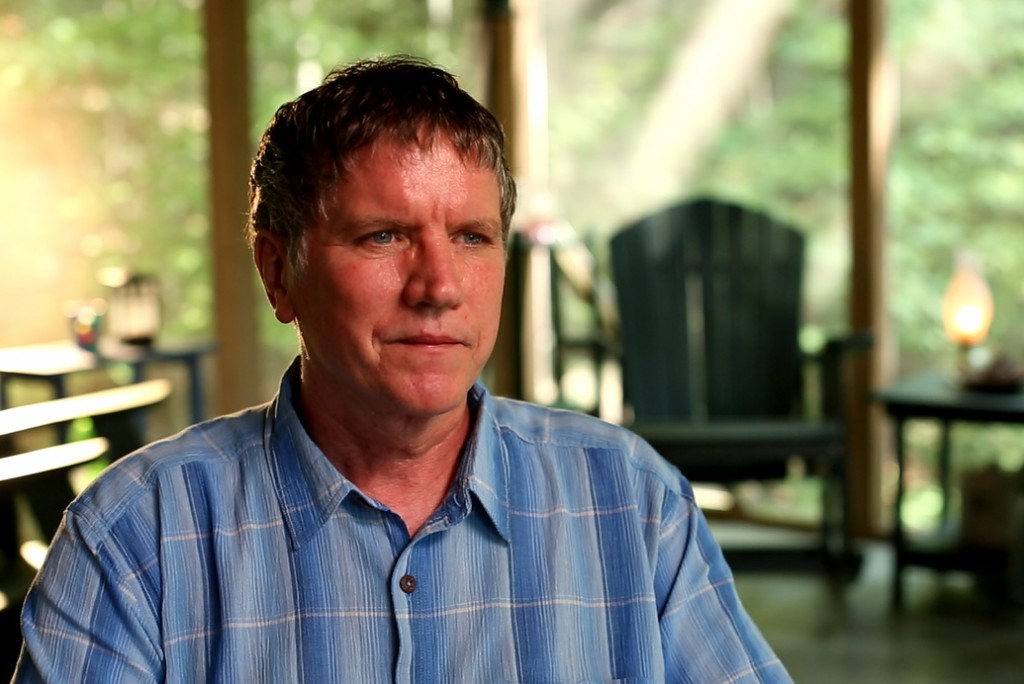The words ‘inspirational’ and ‘health and safety’ may not sit easily together. But not many health and safety training courses feature contributions from leading thinkers like Dave Hingsburger, David Pitonyak, Dave Hasbury, and John Raffaele. This module will help to meet your regulatory requirements and because it is 100% dedicated to our field of work, it might just change the way you think about health and safety training.
Upon successful completion of this module, you will be able to:
– Understand the roles and responsibilities relating to health and safety in the workplace for yourself and others.
– Help the people you support to understand and be responsible for their own and other people’s health and safety.
– Describe the purpose of risk assessments and be able to conduct a basic assessment of risk.
– Demonstrate best moving and positioning practices.
– Appropriately respond to and manage accidents, sudden illness, and stress.
– Follow agreed ways of working regarding medication and healthcare tasks.
– Prevent the spread of infection, promote fire safety, and follow proper security measures in the work setting.
– Promote the well-being of the people you support regarding food safety, nutrition, and hydration.


